Who Was Here Tonight? (Page Two)
(April 18th 2014) Last Updated: 09/11/2019 10:38:AM


Click for the fullsized collage
Tony Plays For A Few Minutes During Dinner
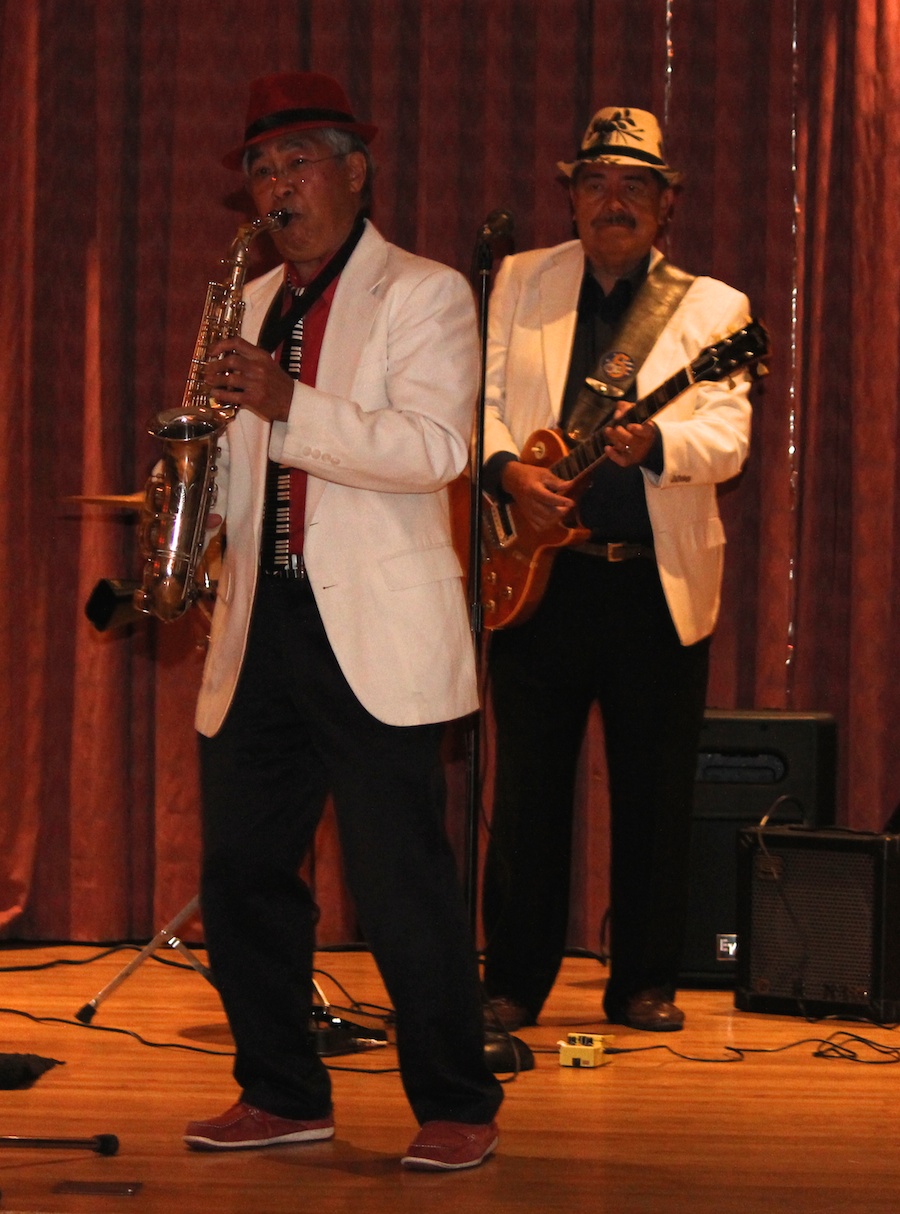
Nice and soft....
Tony picks up the beat... It's time to lose those pesky calories
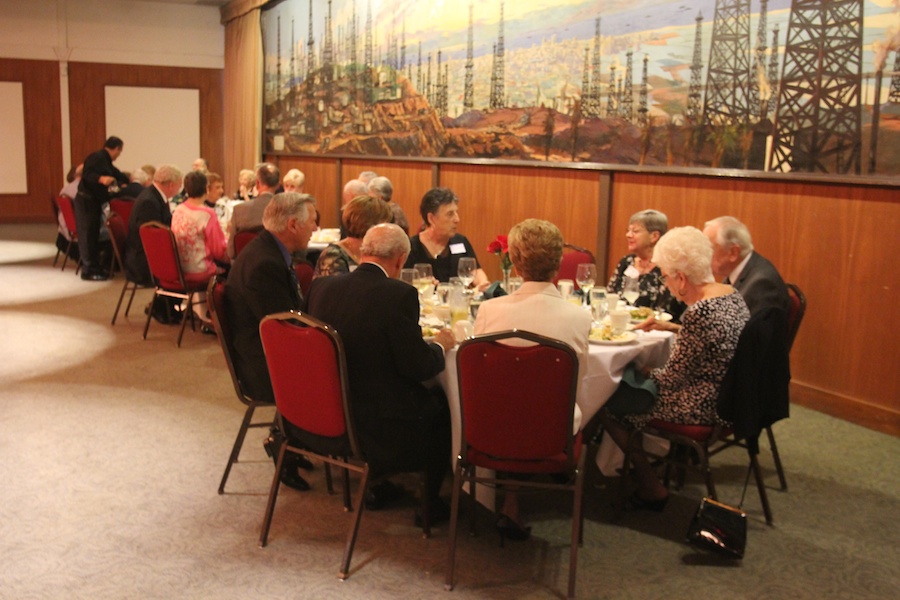
When the dinner comes the place gets quiet

No one dances but it is time to share
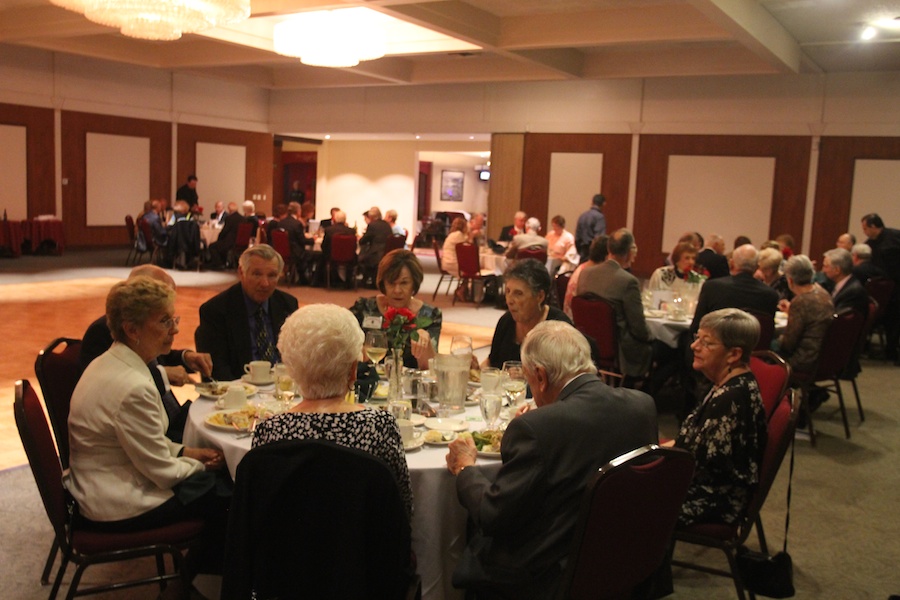
Dinner was yummy this evening....
Table By Table



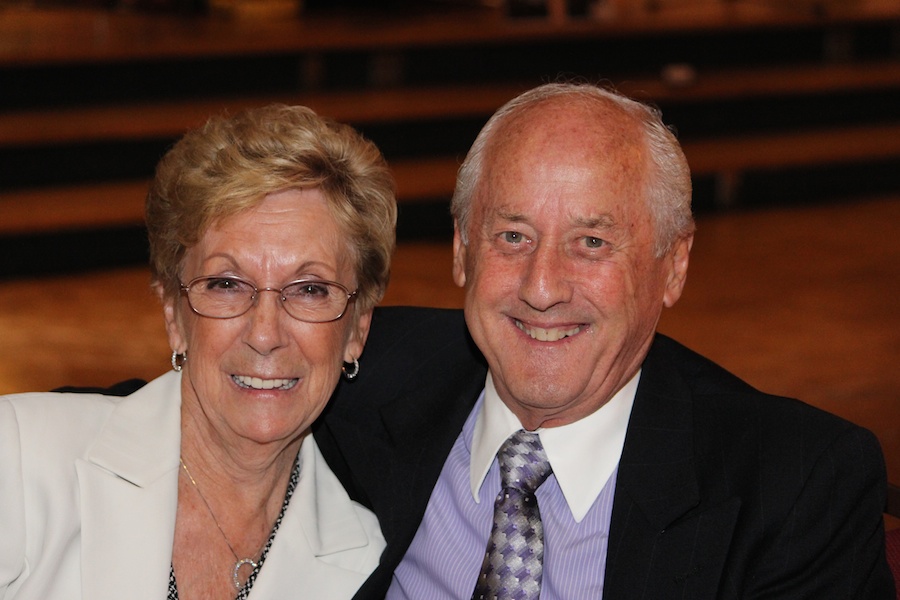
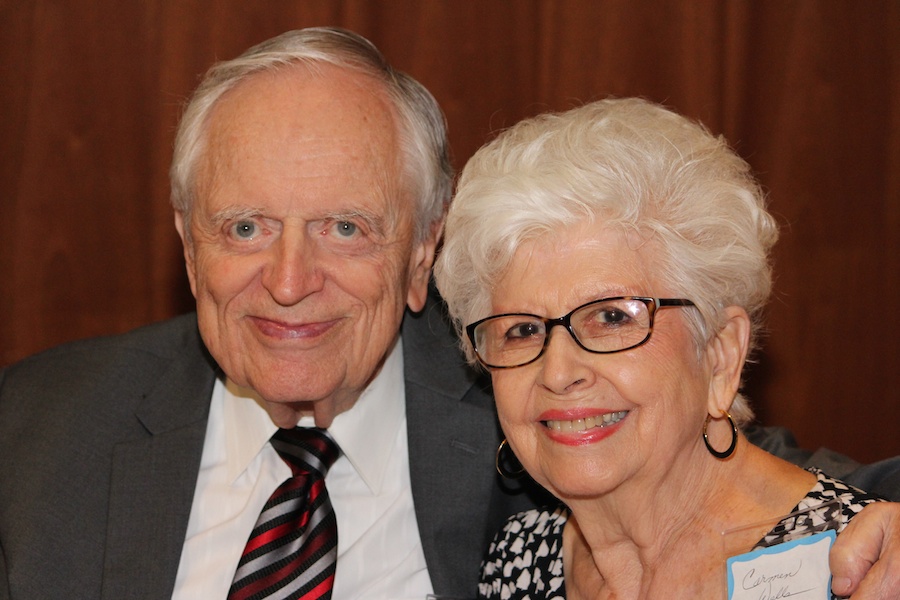



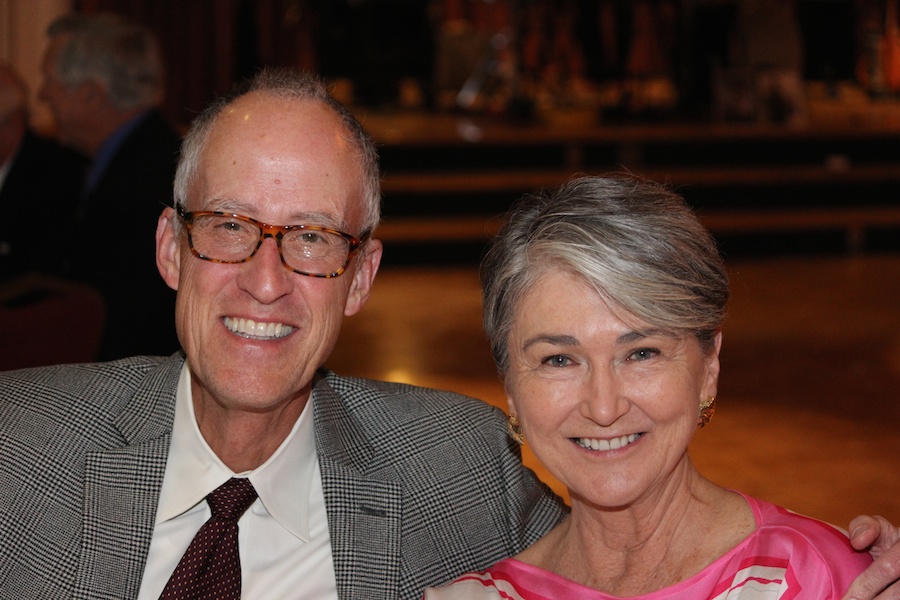

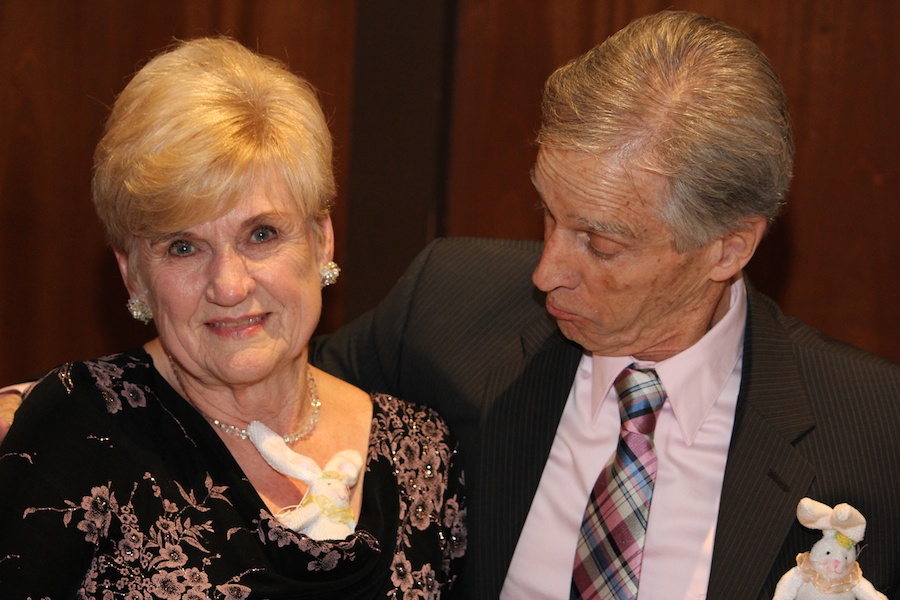
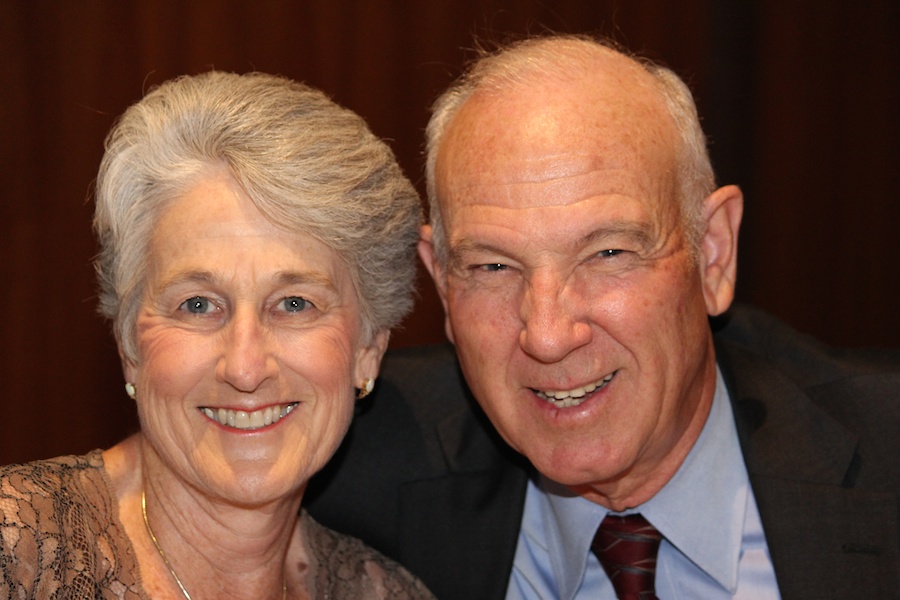


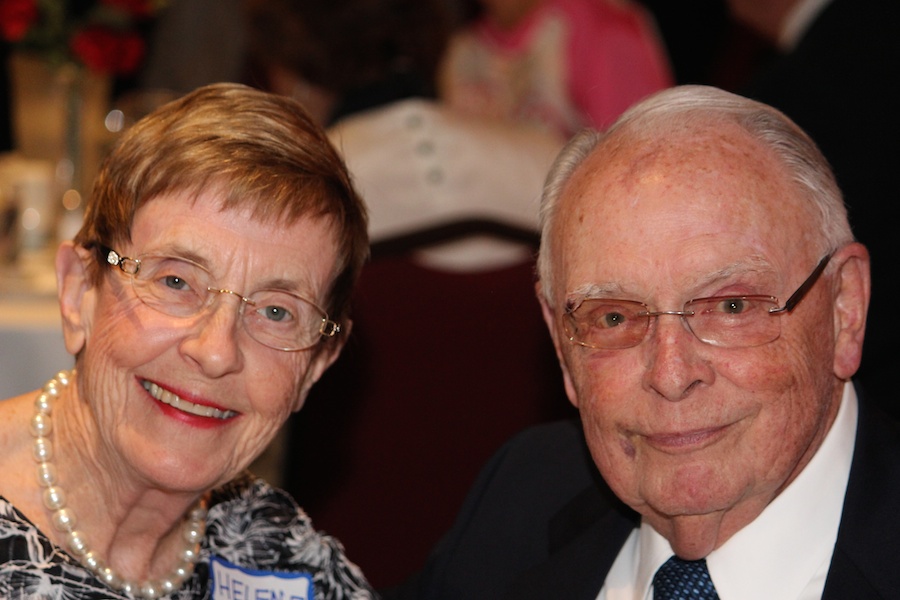
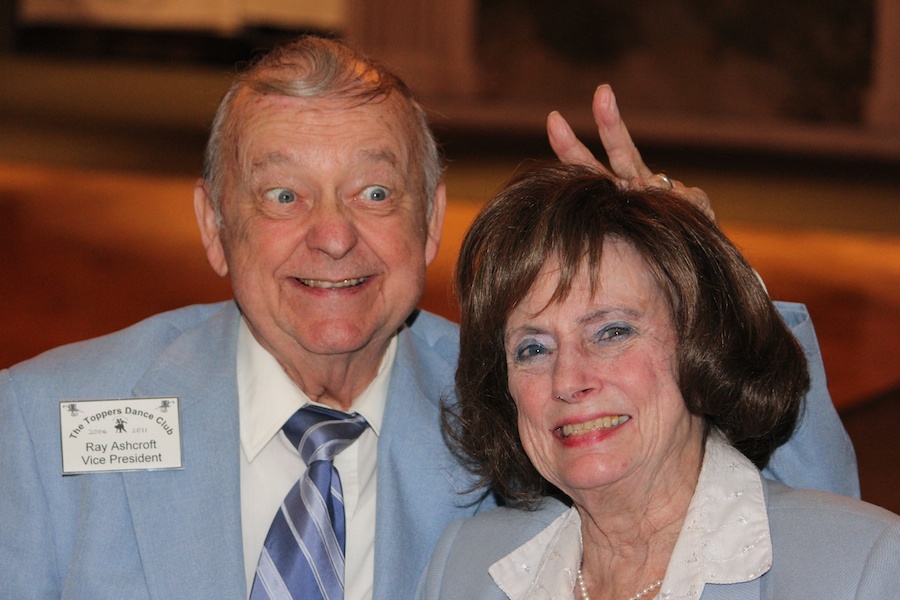




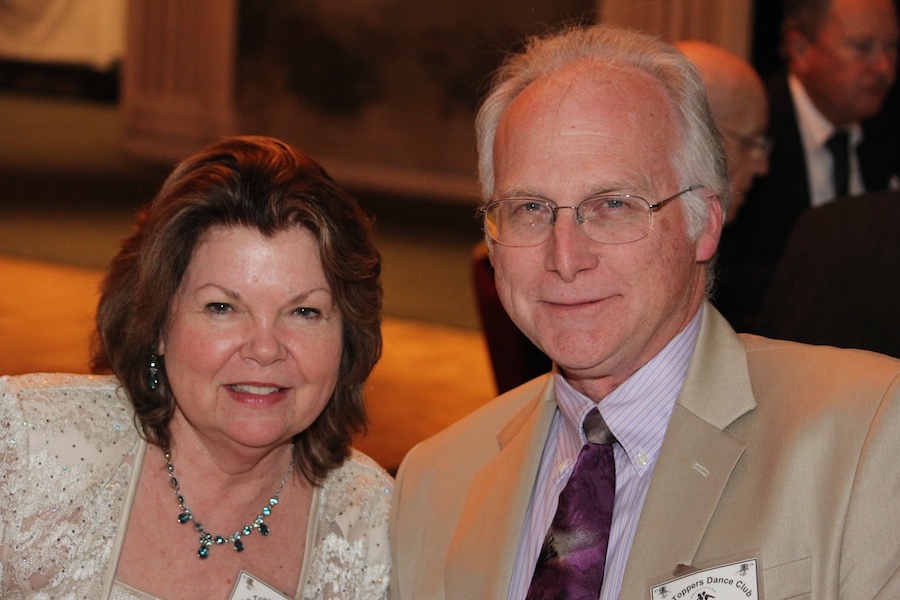

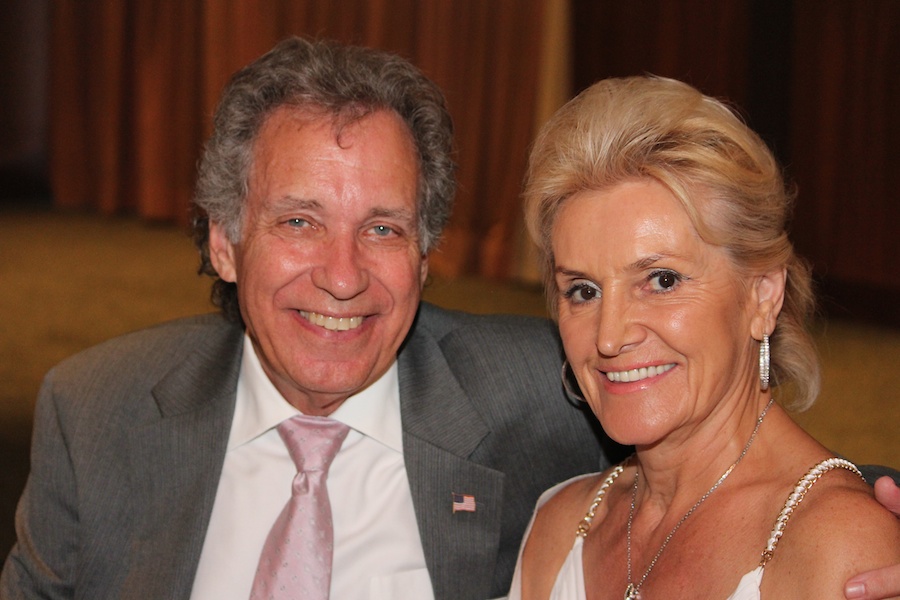








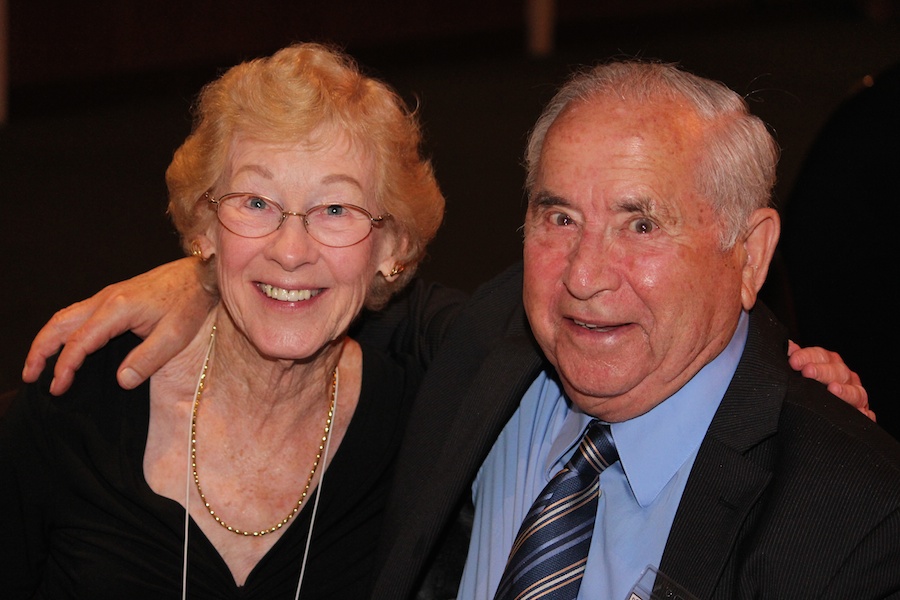
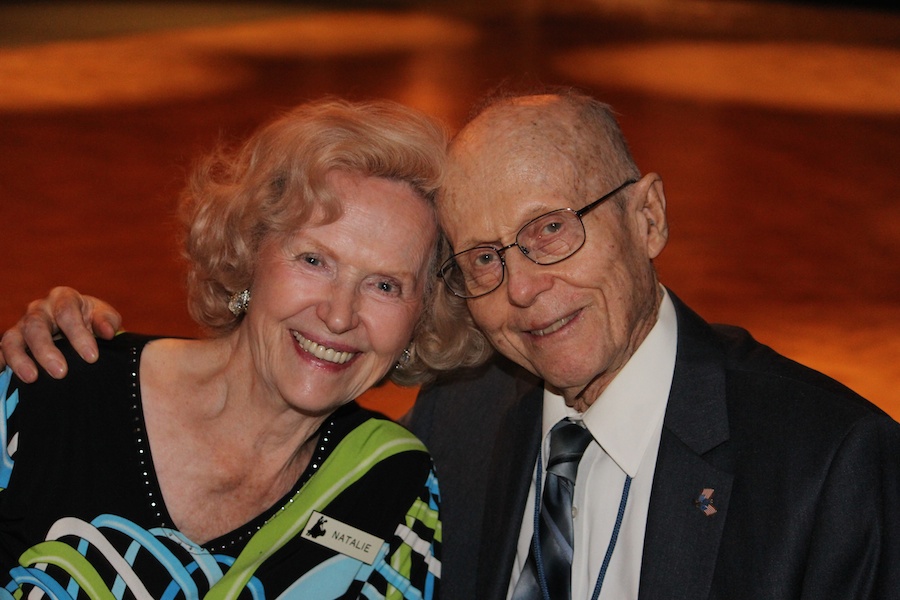
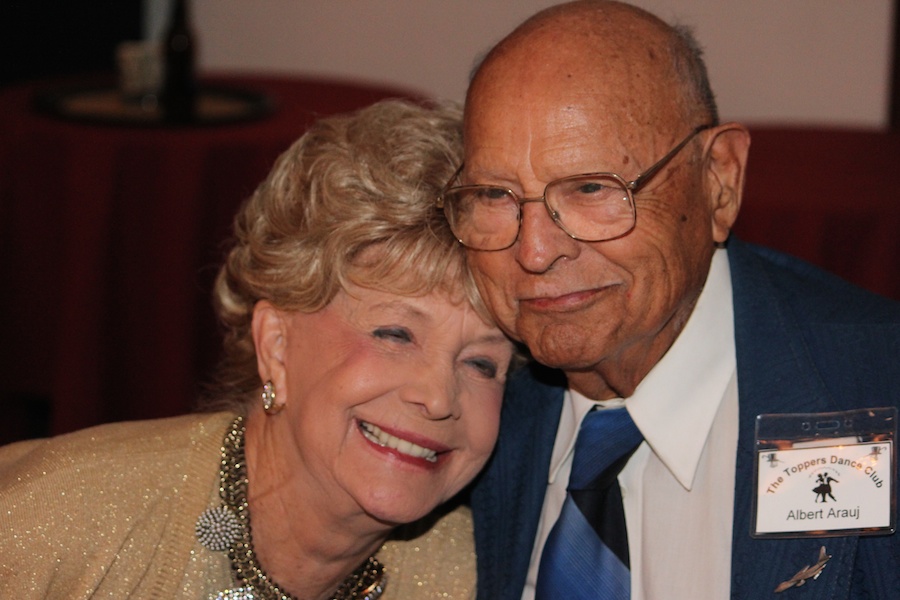
"Amazing Grace" is one of the most recognizable Christian hymns in the English-speaking world. The text by English poet and Anglican clergyman John Newton (1725–1807) was first published in 1779. The words describe in first person the move of a "wretch" from a "lost" to a "found" state by a merciful act of God.
The melody, "New Britain", was first published in 1829 by Charles H. Spilman and Benjamin Shaw (Cincinnati). Unattributed to any composer, the melody combines two earlier melodies ("Gallaher" and "St. Mary") and possibly represents a confluence of oral traditions.
"New Britain" was wedded to Newton's text in 1835 by composer William Walker to form the hymn familiar today.
Anglican cleric John Newton in his later years
William Walker first joined John Newton's verses to the "New Britain" melody to create the hymn known as "Amazing Grace"
Author Gilbert Chase describes "Amazing Grace" as "without a doubt the most famous of all the folk hymns."
Jonathan Aitken, a Newton biographer, estimates that it is performed about 10 million times annually.
"Amazing Grace" stands as an emblematic Negro spiritual and exemplar of Appalachian shape note hymnody. In the nineteenth century the hymn was sung by Native Americans enduring the ordeal of the Trail of Tears, by abolitionists, by soldiers in the U.S. Civil War, and by homesteaders settling the Prairies
